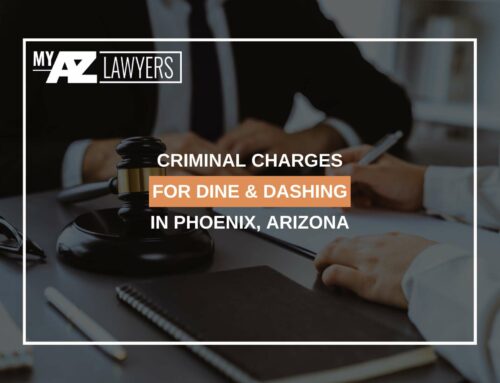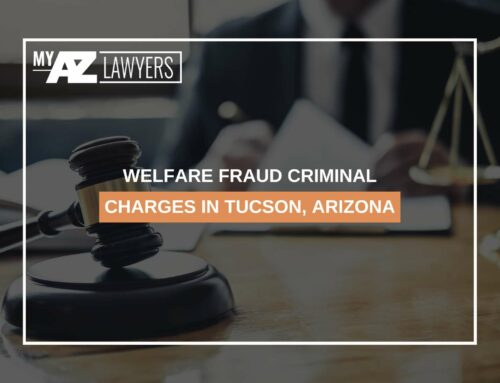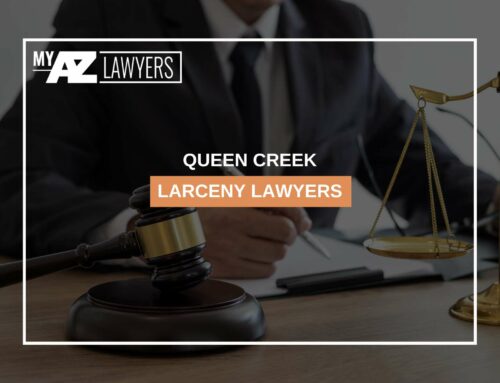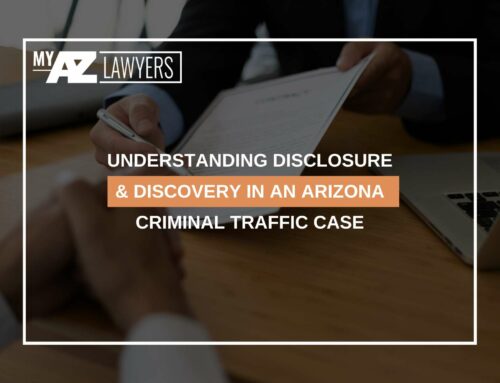Table Of Contents
Pin The Tail On The Crypto
Technology’s rise has brought about new and innovative types of investments. One of these is cryptocurrencies. After many who were involved in crypto-investment early in the game saw massive returns, crypto has become a common investment in countless households. That means that it can become a community property asset if obtained during a lawful marriage in Arizona. When a married couple files for divorce in a community property state, all of their joint assets (and debts) must be evenly split in a process known as property division. Property that consistently changes in value can be more difficult to split than other assets that can be evaluated by a market comparison or hiring an appraiser. It can become even more complex if more than one person has contributed to funds used to invest in cryptocurrency. Read on to learn more about dividing cryptocurrency in a community property divorce- if you have additional questions or are seeking family law representation in the Phoenix or Tucson area, call 480-470-1504 for your free consultation with our firm.

Community Property vs. Separate Property
Most assets acquired during a marriage are considered to be community property, meaning each spouse has equal ownership over it. Property acquired before the marriage, after a petition for divorce, legal separation, or annulment has been filed, and certain types of property acquired during the marriage are considered separate property. Separate property belongs to that spouse alone. Property that is acquired by inheritance or gift or devise during the marriage is separate property in Arizona. This is codified by A.R.S. § 25-211.
Investments are included in the assets that count towards a community property divorce should a married couple get divorced. Oftentimes, investment assets aren’t clearly divisible when it comes to contributions made before and after the wedding. That could give an investment account, including a cryptocurrency investment portfolio, both community property and separate property status. When this occurs, it can take review and tracing by an expert to determine how much of the account is attributable to each estate, as well as the gains from the contributions. When an account becomes mixed like this, it is referred to as “commingled” as it relates to property division.
It’s important to note that it isn’t just assets that are divisible in community property divorces. During property division, it matters less if a debt is in one spouse’s name alone and more whether it was incurred during the marriage. A common scenario where this arises is when one spouse purchased a new vehicle before filing for divorce. Although the loan is in one spouse’s name only, it is considered a community property debt. If that spouse is awarded the vehicle and its loan during property division but fails to make payments, the lender can repossess the vehicle and pursue the other spouse for the remaining balance. It’s easy to see how crucial it is to achieve a resolution that’s agreeable to you during a divorce in a community property state. It takes knowledge, skill, and experience to negotiate or litigate a heated property division issue. If you’re seeking a high-quality family law attorney for a divorce in Phoenix or Tucson, contact our firm for your free consultation at 480-470-1504.
Cryptocurrency Investments In Divorce
Bitcoin is considered the leader in the cryptocurrency market, but there are several other types of cryptocurrencies that can be used for investments, including Ethereum, Tether, USD Coin, Binance Coin, Binance USD, Cardano, XRP, Dogecoin, and Solana. It doesn’t really matter the name attached to the cryptocurrency- if acquired during the marriage, it is community property that must be split during property division. If desired, one spouse can fight to receive the entire cryptocurrency investment account, but this will usually come in exchange for another valuable asset or taking on a greater share of the community property debt.
A major concern during property division is whether the spouses are being honest with their financial statements or lying about hidden assets. Cryptocurrency is much simpler to tuck away into an app or email address that isn’t easily accessible by the other spouse, as compared to physical assets that are harder to hide like clothing and accessories or a vehicle. This creates the need for additional discovery, which is the formal process of requesting and reviewing documents from the other party during a divorce. There are strict deadlines that must be followed during discovery or it could have damaging effects for the spouse that doesn’t comply. Do you have more questions about tracing community property assets or discovery to find potentially hidden assets? Call 480-470-1504 to set up your free consultation by phone with My AZ Lawyers.
What If Another Family Member Invests?
Some of the most complicated issues we see in property division are when one or more other relatives became involved in a spouse’s investing. For example, let’s say a husband had recently started investing in Bitcoin and experienced great success. His wife’s mother wants in on the action but doesn’t feel comfortable facilitating investments in cryptocurrencies herself, and therefore transfers funds into her son-in-law’s account so he can invest on her behalf. Sometimes the account performs well, and sometimes it performs not so well. A few years later, for unrelated reasons, the couple decides to get divorced. It isn’t amicable, so the mother-in-law doesn’t want the husband to have control over her funds anymore. So how will the account be divided?
It could require assistance from a financial advisor, forensic accountant, etc., to analyze records from cryptocurrency investments to determine how much should be apportioned to the community property estate. Another issue is the taxation from the cryptocurrency investments- if the husband has to cash out his account to pay back his mother-in-law and is taxed on the gains, it may seem inequitable for the mother-in-law not to reimburse him for his expenses. This is just one illustration of how complicated cryptocurrency investment issues can be in divorce, and especially if another person invests through a married person’s account. Don’t let the confusion surrounding these types of issues end up hurting your financial situation in the present and future- a skilled family law attorney can negotiate a divorce settlement that is amenable to you, or take your case to trial if necessary. If you’d like to schedule a free consultation by phone with a knowledgeable divorce lawyer in Phoenix or Tucson, call 480-470-1504.
Experienced Divorce Attorneys Serving Phoenix & Tucson
It is nearly impossible to overturn orders regarding property division, making it imperative that you get them right the first time. Representing yourself or hiring the wrong attorney could have disastrous implications in a contested divorce. If you and your spouse have been together for several years and/or have a diverse investment portfolio, it can require expert representation to achieve a fair resolution. It’s also important to keep in mind that property division is separate from spousal support and child support, so an assertive divorce lawyer can make sure you are set across the board. For Phoenix and Tucson’s top choice in experienced family law representation, contact us at My Az Lawyers firm for your free consultation at 480-470-1504.

MY AZ LAWYERS
Email: info@myazlawyers.com
Website: www.myazlawyers.com
Mesa Location
1731 West Baseline Rd., Suite #100
Mesa, AZ 85202
Office: 480-448-9800
Phoenix Location
343 West Roosevelt, Suite #100
Phoenix, AZ 85003
Office: 602-609-7000
Glendale Location
20325 N 51st Avenue Suite #134, Building 5
Glendale, AZ 85308
Office: 602-509-0955
Tucson Location
2 East Congress St., Suite #900-6A
Tucson, AZ 85701
Office: 520-441-1450
Avondale Location
12725 W. Indian School Rd., Ste E, #101
Avondale, AZ 85392
Office: 623-469-6603













